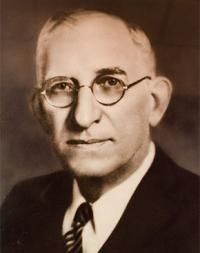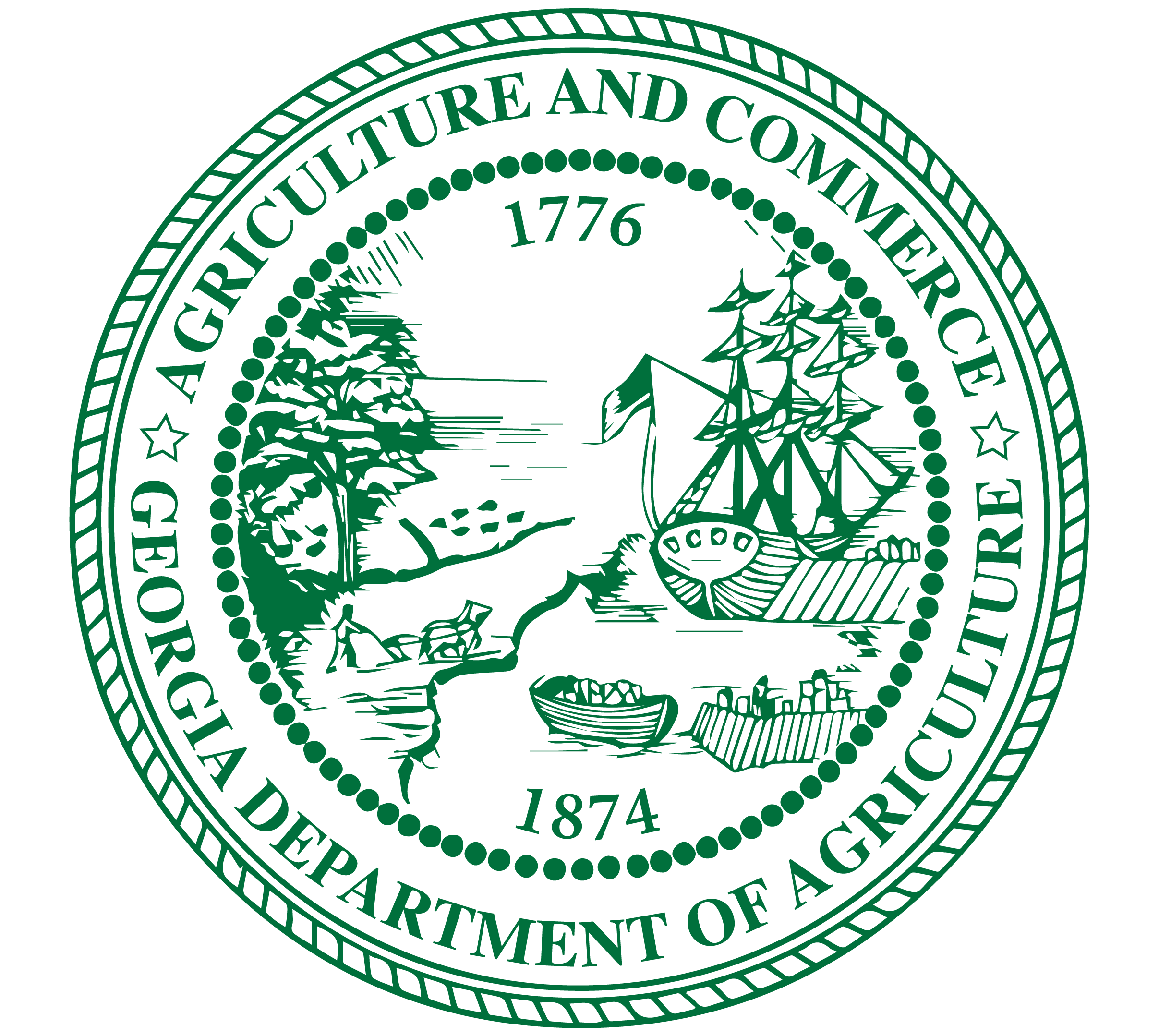
George Claud Adams was born in 1868 to William J. and Susan Frances (Hurst) Adams in Newton County. He was the 12th of 16 children and grew up working on the family's farm.
Adams became Newton County School Superintendent in 1902, after several years of teaching. While Superintendent he worked to consolidate the county schools, a pioneer achievement in this field. In 1904-1905, Adams organized the Newton County Boys' Corn Club, a precursor to today's 4-H Clubs, the first of the Boys' Corn Clubs in the South. Adams was interested in making learning useful and practical for his students. From its inception, 4-H was founded on the principle of taking research based information from the Land Grant University and making the science and practices both available and practical to students.
Like the corn club he organized, G.C. Adams was unique. He ranked high as an educator. He taught at Pine Grove School in Newton County; he was principle of Palmer Institute at Oxford, he served as county school commissioner; and he was the president of the 5th District Agriculture School in Monroe. Yet, Mr. Adams never attended high school or college, and he did not go to school more than a year in his entire life.
Adams also served in Georgia's House of Representatives where he represented Newton County from 1927-1929. In 1930, Adams ran an unsuccessful campaign for Commissioner of Agriculture against Eugene Talmadge and was recognized as a formidable opponent due largely to the statewide growth in agriculture education for youth. Adams was elected Commissioner of Agriculture two years later in 1932. While writing about Commissioner-elect Adams in the Atlanta Constitution in 1932, Stiles A. Martin called him "one of the best educated, best read and most learned men in the state." Due to a surgical procedure in 1934, Adams did not seek a second term.
G.C. Adams pursued and encouraged the development of young people through his life. Adams died in 1949 and is buried at the Adams Family Cemetery in Newton County.


